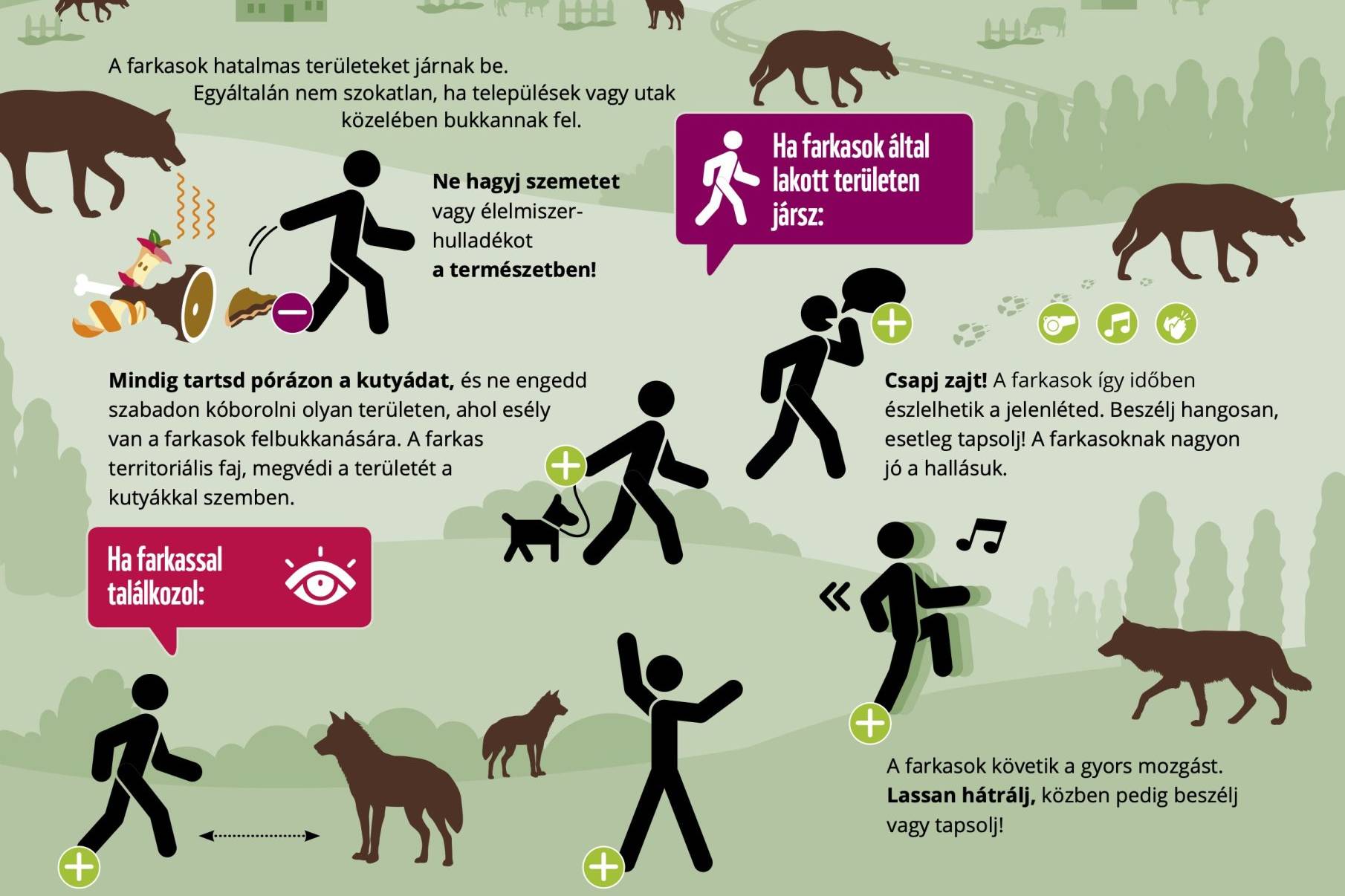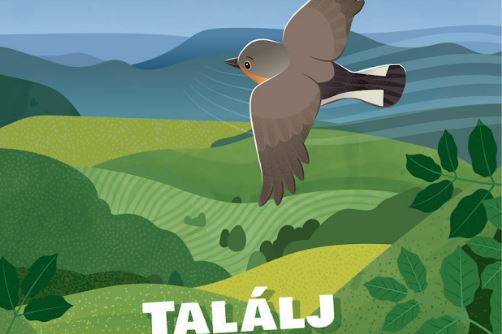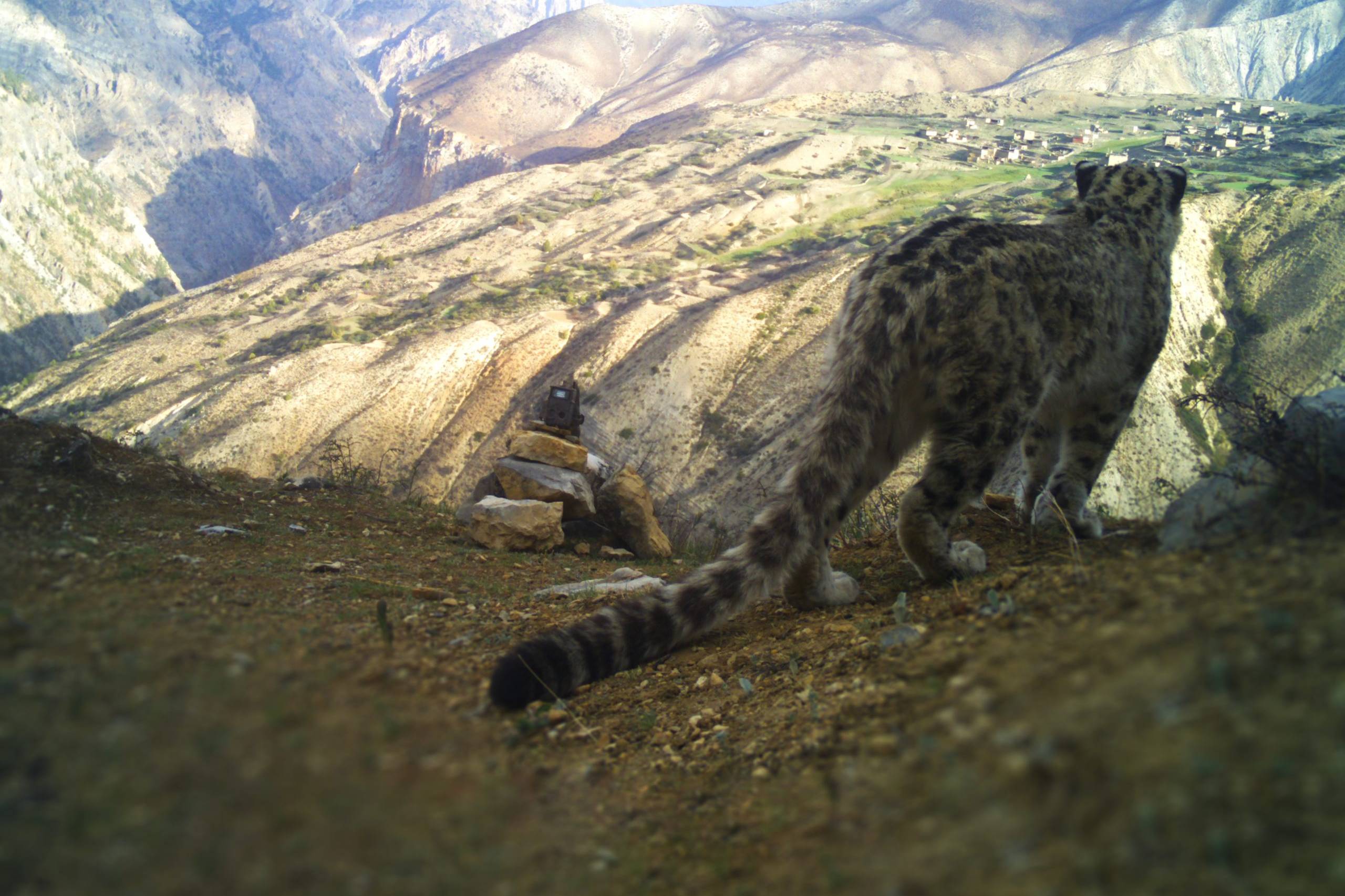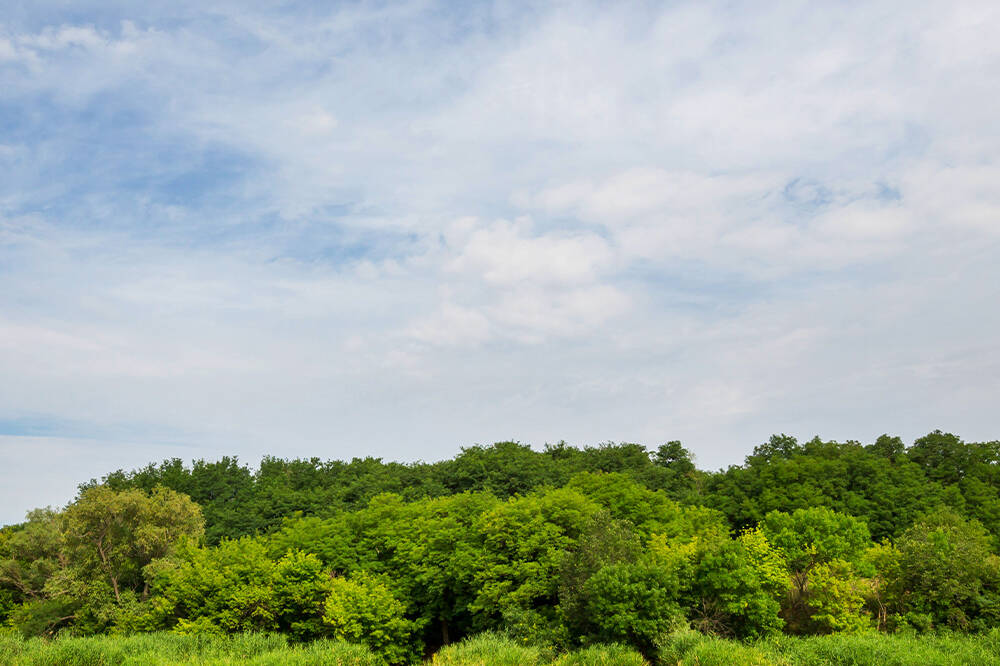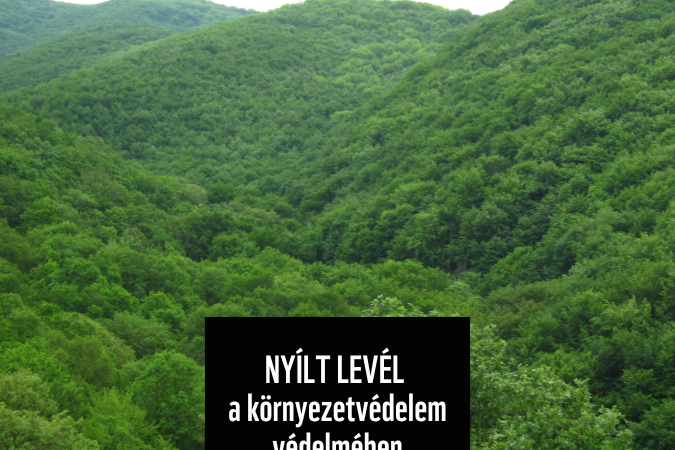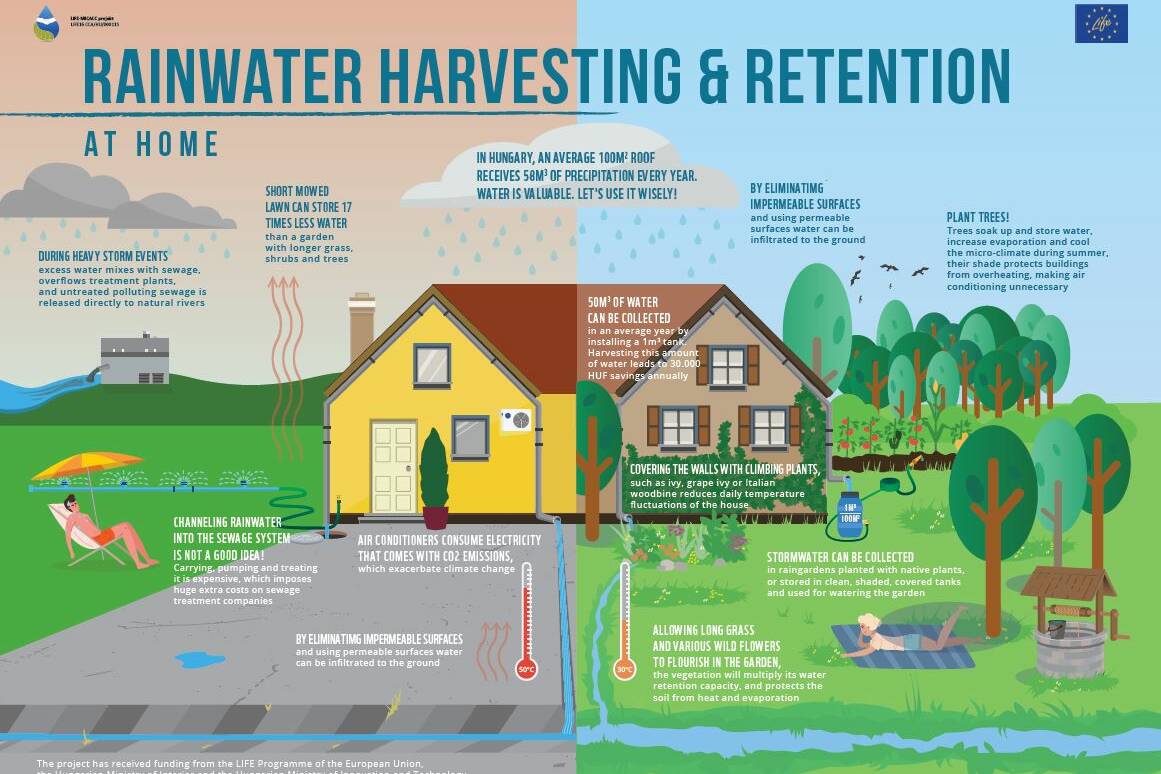Természetes vízmegtartó megoldások haladóknak – 2. infografika
A vízmegtartó céllal létrehozott mesterséges tavak, tározók, száraztározók, stb. akár rosszul is elsülhetnek, és táji szinten a vízkészletek csökkenésétés a klímasérülékenység növekedését okozhatják, ha nem számolunk a vízmérleg hatásával, és a felszíni és felszín alatti vizek közti kapcsolatokkal.
Ehhez fontos megérteni a felszíni vízmérleg koncepcióját: mi is az a felszíni vízmérleg egy tó vagy egy vizesélőhely esetében? Egyszerűen fogalmazva a tóba jutó és az onnan távozó víz egyenlege.
Lássuk, hogyan juthat felszíni víz a tóba? És hogyan távozhat?
Ehhez fontos megérteni a felszíni vízmérleg koncepcióját: mi is az a felszíni vízmérleg egy tó vagy egy vizesélőhely esetében? Egyszerűen fogalmazva a tóba jutó és az onnan távozó víz egyenlege.
Lássuk, hogyan juthat felszíni víz a tóba? És hogyan távozhat?
További anyagok a témában:
Természetes vízmegtartó megoldások haladóknak – 1. infografika: Természetes vízmegtartó megoldások haladóknak
Természetes vízmegtartó megoldások haladóknak – 3. infografika: Kisléptékű természetes vízmegtartó megoldások dombvidéken
A projektről bővebben: https://wwf.hu/life-
Kapcsolódó tartalmak
2024.04.03.
Talajegészség-megőrzési útmutató
2024.04.02.
Farkas – nagyragadozó a szomszédban
2024.03.11.
Találj otthont Konrádnak! foglalkoztatófüzet
2024.01.23.
Közös jövő: ember-vadvilág együttélés
2023.11.14.
Patakok élővilága és vízmegtartó képessége
2023.08.15.
Meghívó kuratóriumi ülésre
2022.05.10.


